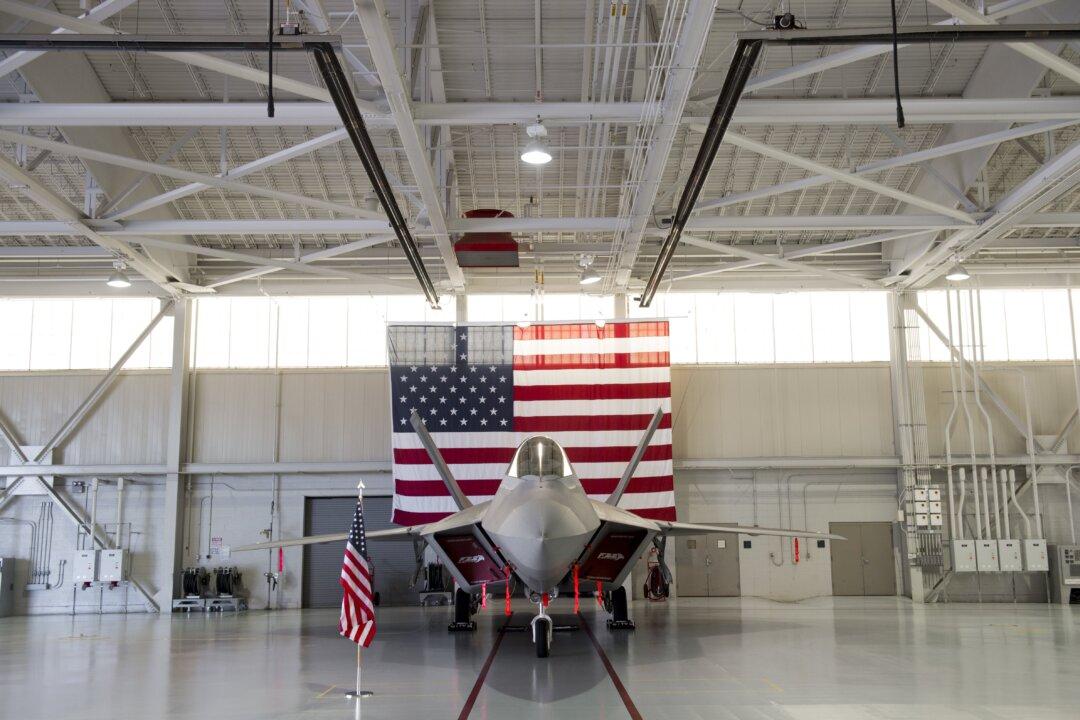Communist China is sanctioning two U.S. defense companies for arms sales to Taiwan amid the growing fallout over the downing of a Chinese spy balloon in U.S. airspace.
Lockheed Martin and Raytheon, the two largest U.S. military manufacturers, will be added to the regime’s sanctions list, according to a Feb. 16 statement by China’s Ministry of Commerce. The sanctions follow a day after Beijing threatened “countermeasures” against the United States for its shooting down of a Chinese spy balloon that illegally incurred into U.S. airspace.




